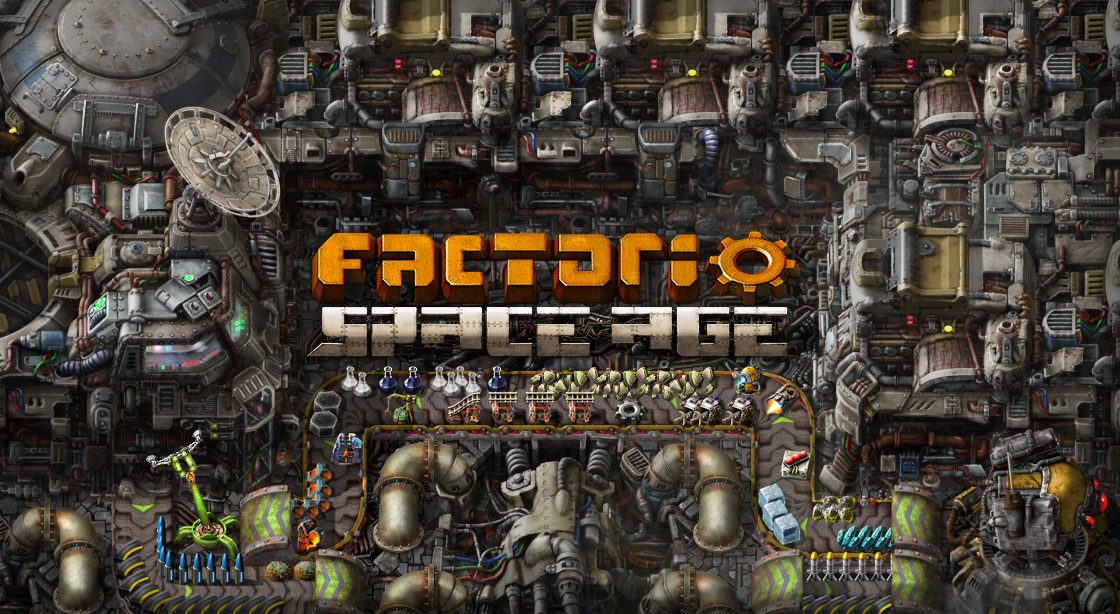Main concept: Bioelectrolysis (or suggest a better name)
The idea involves using two types of bacteria: one that breaks down iron and another that processes copper. These bacteria work efficiently in special bio-liquids, which the player pumps into a bioreactor, mixing with the appropriate bacteria.Once the bacteria dissolve the metals, the solution becomes saturated with them. This metal-rich bacterial solution can then be transported via pipes—similar to the system on Vulcanus, where molten metal is moved for further processing. However, the key difference here is that on Gleba, you can use these solutions to grow complex items(such as manipulators or even more).
Concentration levels and their impact
Each level of metal concentration increases the amount of metal in the solution, but achieving higher levels requires new technologies and adjustments to the bio-catalysis process.- Level 1: Basic solution with minimal concentration.
- Level 2: A new bacterial catalyst is introduced into the solution, increasing the metal concentration.
- Level 3: To stimulate bio-catalysis, a heat source is added alongside the bacterial catalyst.
This system presents an interesting alternative to Vulcanus. While Gleba's production process is more complex, it could prove to be more advantageous for crafting complex metal items.
Solving the metal shortage problem
We could also elegantly address the issue of metal scarcity at the start of the game. For instance, players could extract metals from lakes or fossil deposits (suggest a better option) formed by bacteria. These bacteria have been consuming metals on Gleba’s surface for centuries, storing them within their organisms. Players would use these bacteria to extract metals from natural sources, resolving the resource shortage early in the game.Biofabricators, concentrations and the creation of complex components
Unlike Vulcanus, where molten metal is used to create basic components, on Gleba, biofabricators (in addition to basic materials) will be able to create complex mechanisms directly from the solutions, provided the recipe consists only of metal components. This will take more time, but it allows players to skip several steps of the standard production chain.This approach offers variety in terms of choosing technological processes. While it may be easier to grow complex items on Gleba, the production of basic components would take too long, making it more efficient to produce them on Vulcanus.
Additionally, biofabricators could have a limited growth chamber for the solution they use when creating a single item. This means that more complex items would require more metal, but since the chamber is limited in size, players would need to use solutions with higher concentrations. As a result, crafting intricate items would necessitate more advanced bio-catalysis processes, encouraging players to upgrade their production chain to achieve higher concentration levels in the solutions.






